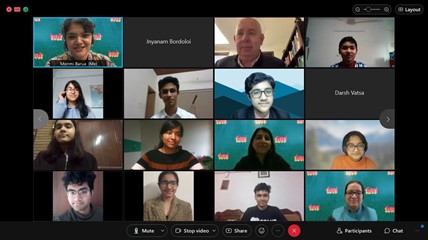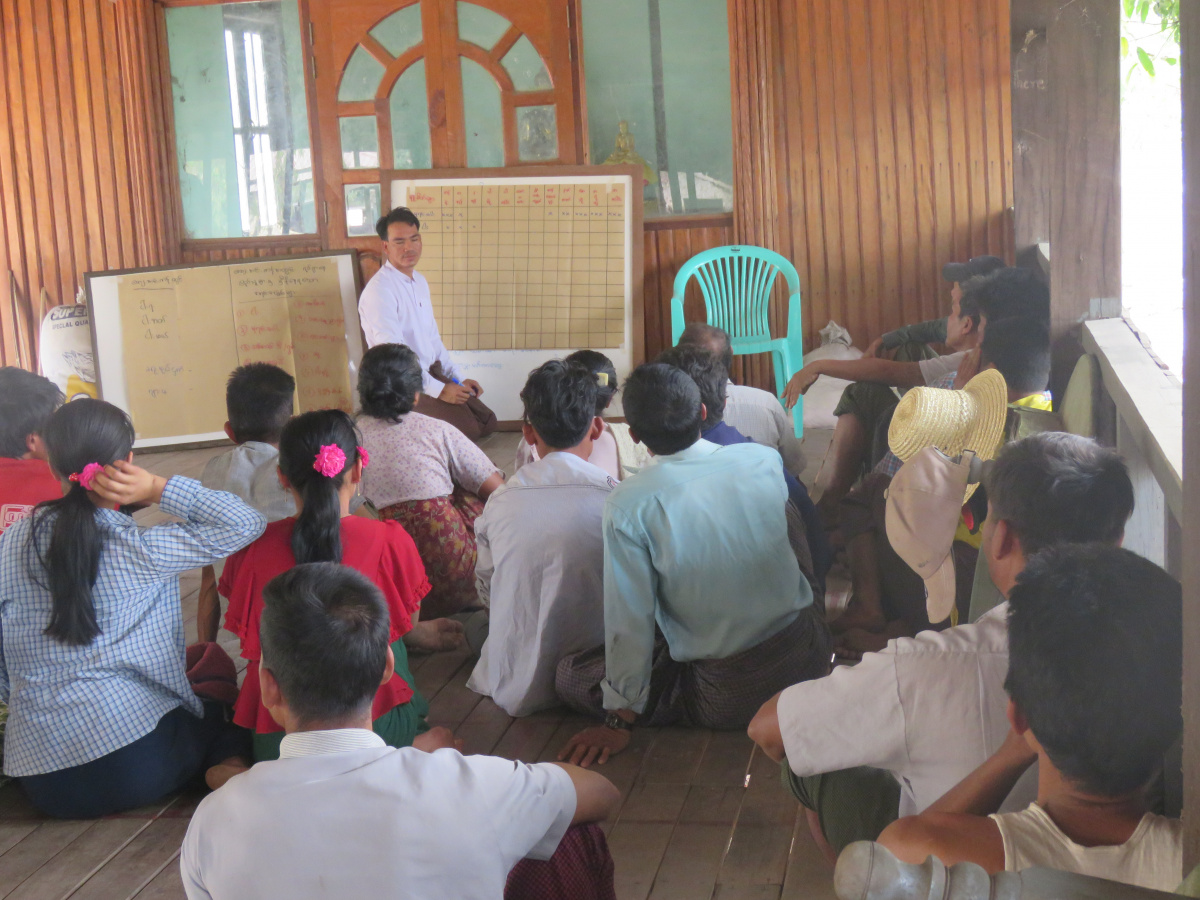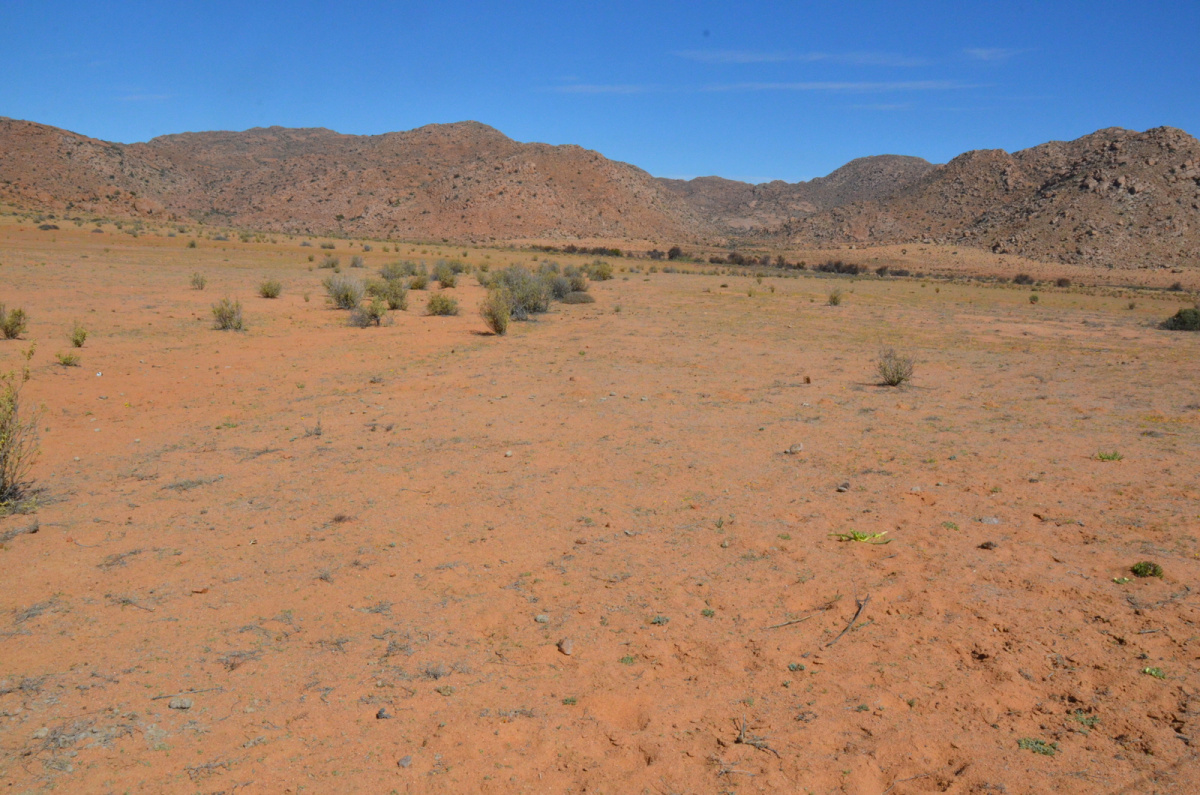TROSA: New trans-boundary water governance initiative aims to enhance regional cooperation
Over the last decade, IUCN has been working with governments, civil societies and academics in Asia on trans-boundary hydro-diplomacy through its initiatives in the Ganges-Brahmaputra-Meghna (GBM) and Mekong river basins. Based on IUCN’s experiences and its long-term experience in the Mekong basin, Oxfam has recently started a new trans-boundary water governance initiative in four South Asian countries, including Bangladesh.
On 19 June 2017, Oxfam in Bangladesh launched a five-year project to promote improved policies and practices that protect the rights of communities along the trans-boundary Brahmaputra-Meghna river basins in Dhaka. To do this, the project will work with government, the private sector, and other actors as well as women’s networks to strengthen their voice in decisions on water management and infrastructure.
Funded by the Government of Sweden through its Swedish International Development Cooperation Agency (SIDA) office in Bangkok, Thailand, the project is a country component of Oxfam’s regional programme Trans-boundary Rivers of South Asia (TROSA). The programme will be implemented by Oxfam and regional and national partners in Bangladesh, India, Myanmar and Nepal. Other implementing agencies at the regional level include IUCN, International Rivers, WWF, ICIMOD, and Stockholm International Water Institute (SIWI). The Bangladesh component of the project has been named ‘Trans-boundary Rivers for Our Sustainable Advancement – TROSA’ and will be implemented in the Brahmaputra and Meghna basins. IUCN Bangladesh is expected to join this country component along with partners of Oxfam in Bangladesh.
Today more than ever, meeting the water-related needs of Asia’s growing population in the river basins requires cooperation. Dialogue and people-to-people interaction can help nurture cooperation among neighbouring countries. The TROSA project will engage relevant stakeholders to produce knowledge that supports decision-makers in balancing economic growth, social justice, and resilient ecosystems.
"As a lower riparian country, Bangladesh will continue its efforts to achieve an equitable share of benefits for all in the basin. This is essential for the well-being of ecosystems and millions of people in Bangladesh as well as the basin. We call upon our upper riparian neighbours to respect the rights of the lower riparian countries so we can prosper together", said Lt. Col. (Retd.) Muhammad Nazrul Islam Bir Protik, psc, MP, State Minister, Ministry of Water Resources, while launching the project at CIRDAP. He also expressed hoped that the TROSA project will be able to replicate the successful model of the Mekong basin to enhance regional cooperation in the GBM Basins.
Asia’s river basins extend from the world’s tallest mountains, through floodplains and lowland systems to fertile wetlands, deltas, estuaries and bays. The rivers hold an important cultural and religious significance for the countries they pass through. The waters and rich sediment loads also support fisheries and agriculture of national and global significance contributing to the economic development of the countries. The waters connect nations and provide the means for trade. Yet, millions of people in Asia do not have secure access to water due to growing competition over natural resources caused by infrastructure development, agricultural, urban and industrial expansion and the effects of climate change. The shared nature of rivers causes tension between neighbours in South and South-East Asia over how waters are governed and managed within and across borders.
"Improving access and control of the river resources for marginalised communities is the focus of TROSA project. This is in line with the development strategy of the Government of Sweden. We are happy to have the opportunity to support the project and look forward to continuing this cooperation in the coming years", said H.E. Johan Frisell, Ambassador, Embassy of Sweden in Bangladesh.
The TROSA project is aiming to strengthen the capacity of river basin communities and civil society to have their voice heard in trans-boundary water resource management. By bringing together academic research with local knowledge, the project will build on the combined information to influence the governance of trans-boundary water resources.
"Trans-boundary water governance is linked with geopolitics, economies and livelihoods, cultures and heritage. To make it ‘just’ and ‘win-win’, the upper and lower riparian countries need to follow certain principles, like causing no harm to anyone and preserving ecosystem integrity and rights of the communities", said Ishtiaq Uddin Ahmad, Country Representative, IUCN Bangladesh.
Sharmeen Murshid, Member, National Commission for the Protection of the River and Chief Executive Officer, Brotee (an IUCN Member in Bangladesh) emphasised on developing a 'People's River Master Plan' and called different actors to come together to set a 'minimum common position' to share the rivers in this region.
Representatives from various regional and national environmental organisations, think-tanks, networks, and government and civil society organisations also attended the event.





